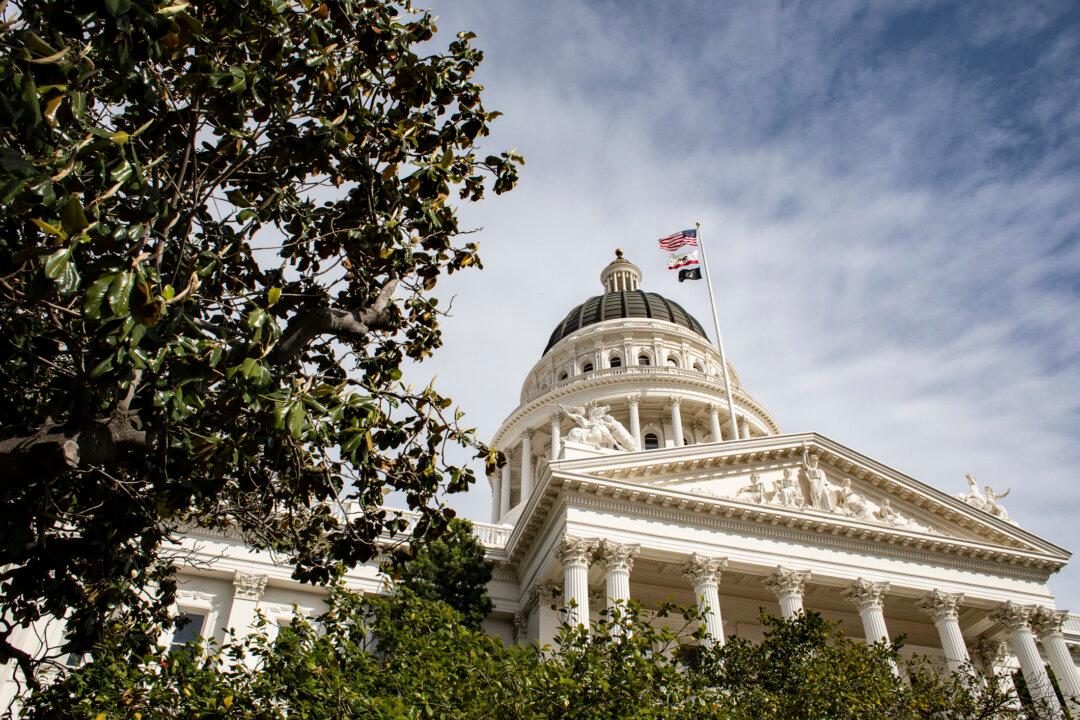California Gov. Gavin Newsom announced over the weekend that he signed 190 bills and vetoed 78—including one that was passed by the Legislature without opposition and would have required healthcare facilities to allow close family members to visit patients.
Assembly Bill 2549, introduced by Republican Leader Assemblyman James Gallagher, would have required facilities—during periods of restricted visitation such as pandemics—to develop protocols that “allow visitation to the greatest extent possible” and to allow visits during end-of-life circumstances.





